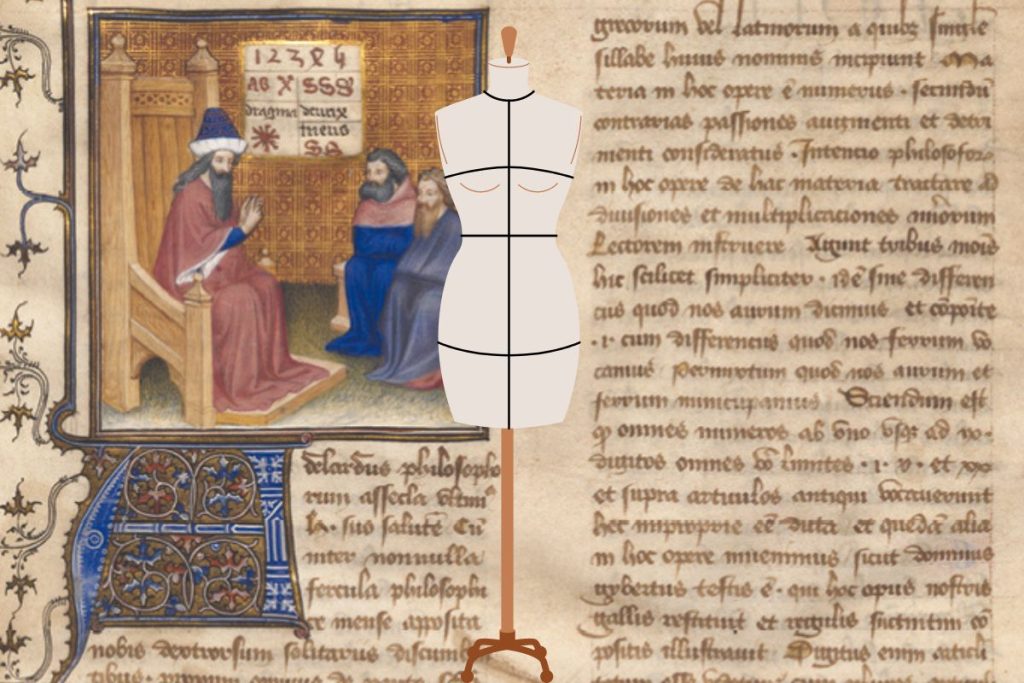The World Heritage Day celebration is being held at the Guildhall on Sunday 21st April from 11.00am until 3.00pm and the BRLSI Adelard Group will once again be participating with a new mannequin, modelling the medieval costume of Adelard.
The team will look forward to meeting you and sharing the story of Bath’s great medieval mathematician and scientist, and into the bargain they will be showing a short documentary film on the life of this little-known Bath figure. A number of historical items such as Abaci and the Astrolobe will be exhibited, and leaflets on the life of Adelard and scientific works will be freely available.
The team are looking forward to taking part in what promises to be a great event, and would be delighted to meet any members able to attend!
Free Admission to Talks (Details of program at 16 Queen Square)

